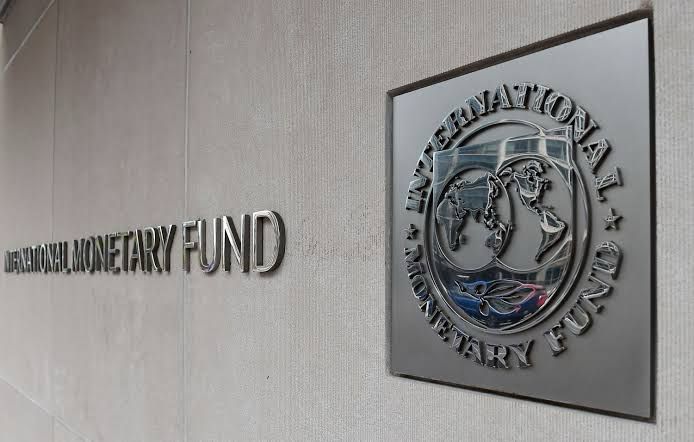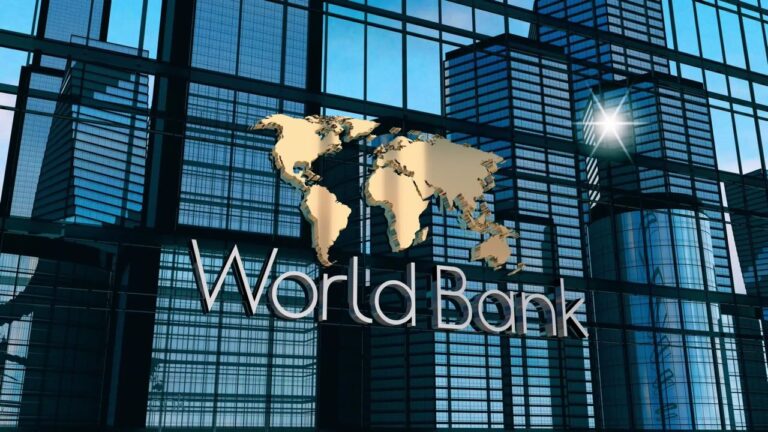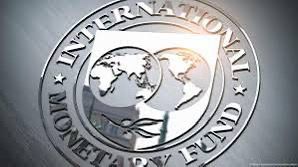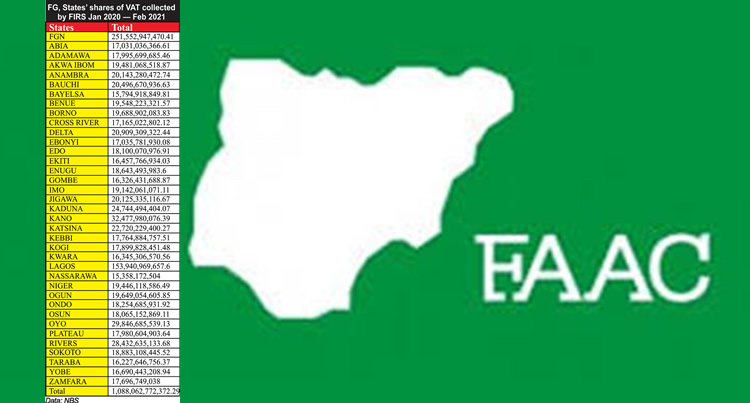The Nigerian Economic Summit Group (NESG), one of Nigeria’s foremost think tank has said that the discontinuation of the Central Bank of Nigeria’s (CBN) price verification system will help to streamline the importation process and reduce transaction costs for importers. It said this in its latest brief that it “supports the recent decision by the CBN to discontinue the price verification system portal”.
The Central Bank had released a statement that it will discontinue its price verification system from 1st of July 2024 few days ago. According to the statement released by the CBN on the matter, importers will not be required to complete the price verification of Form M from the date. The CBN’s price verification system was introduced in August 2023. It was established as a mandatory trade document requirement and prerequisite for the completion of Form M. While the portal was set up to improve the transparency of the foreign exchange market transactions, it meant another layer of documentation and associated costs.
While importers have argued for the portal to be discontinued and the process streamlined, it was the CBN’s remarkable turnaround of the foreign exchange market, which delivered market convergence and closed the disparity between the official Nigeria foreign exchange market and the parallel market that made discontinuation possible. read more.
According to its policy brief, the discontinuation of the policy will have at least three benefits to importers, and by extension, the economy. It will streamline the importation process, reduce transaction costs, and increase business confidence and investments.
“The elimination of the price verification report requirement will lead to a more streamlined importation process. By removing this administrative hurdle, businesses can expedite the importation of goods and raw materials, reducing lead times and improving the efficiency of supply chains. This enhancement in operational efficiency is expected to lower production costs and increase the availability of goods in the market,” the NESG said in its briefing.
“The removal of the verification process will reduce the transactions costs associated with importation. Importers will save on both time and money previously spent on compliance, allowing them to reallocate these resources towards more productive uses,” the NESG further argued. Other benefits of the elimination of the requirement for the purposes of importation include boosting manufacturing, enhanced competitiveness, and support for macroeconomic instability.

The price verification system was first introduced in in August 2020 to forestall over pricing and mispricing of goods imported into the country. It was made mandatory in August 2023.












